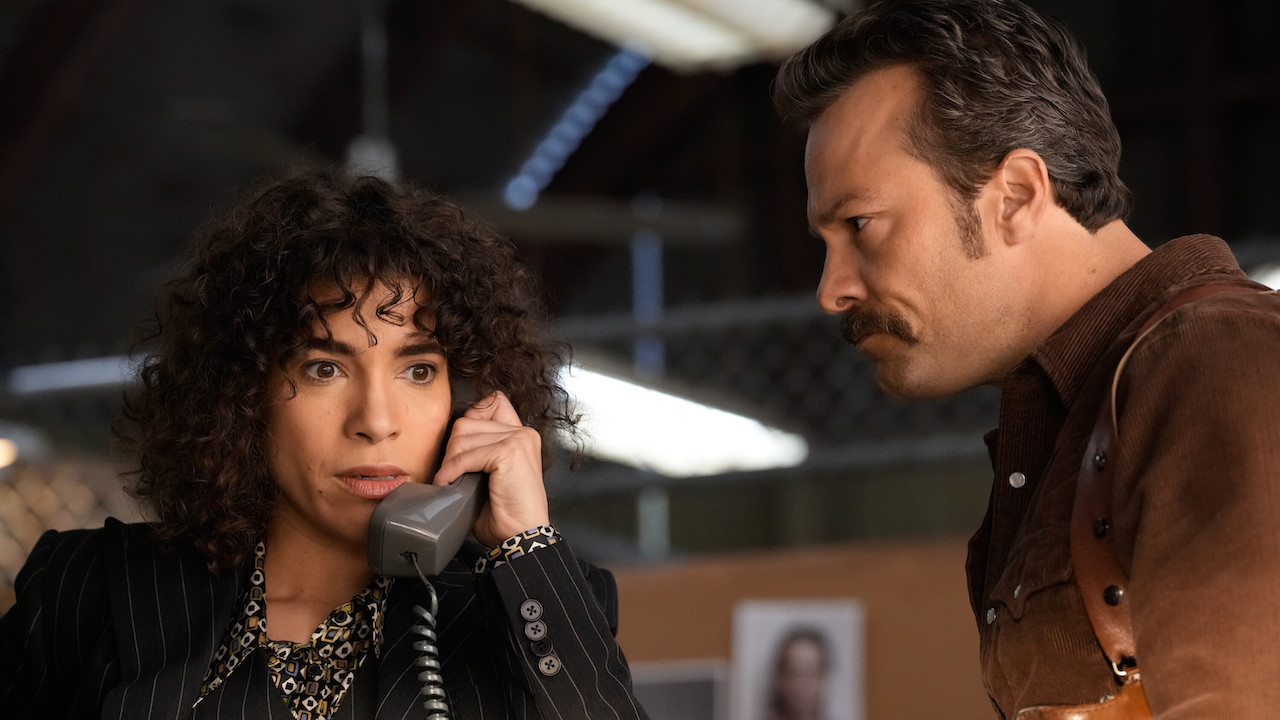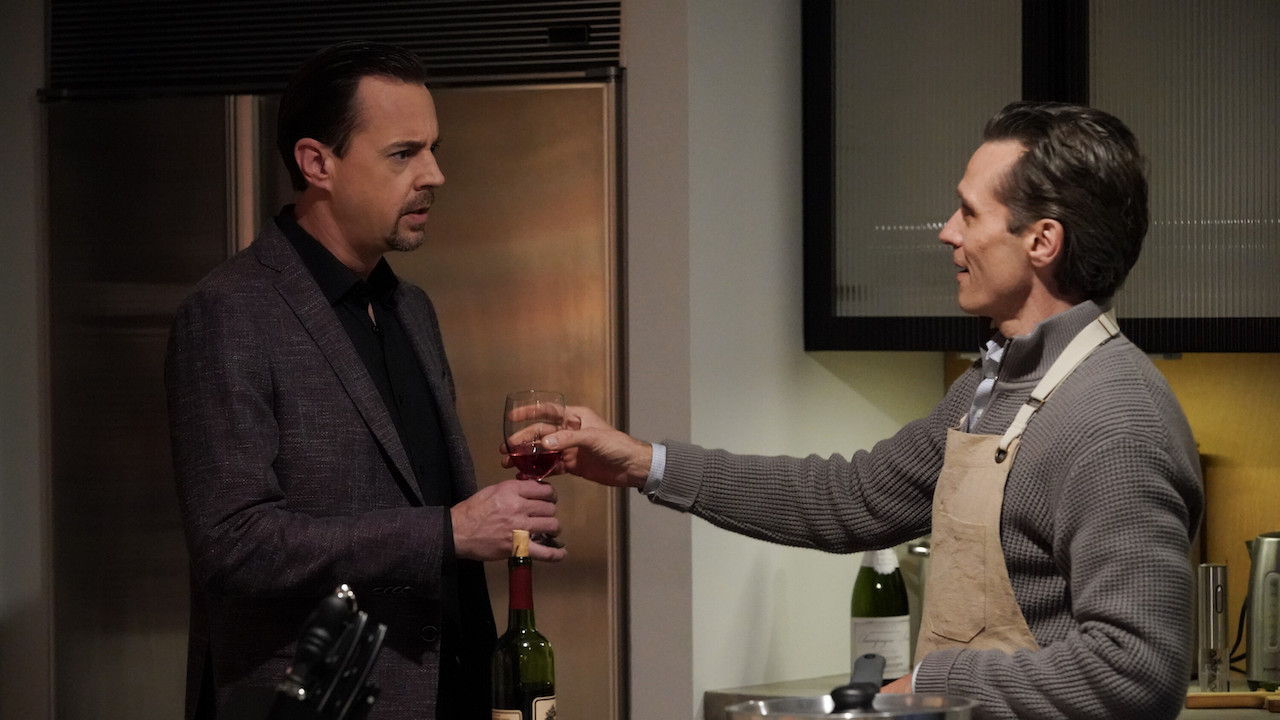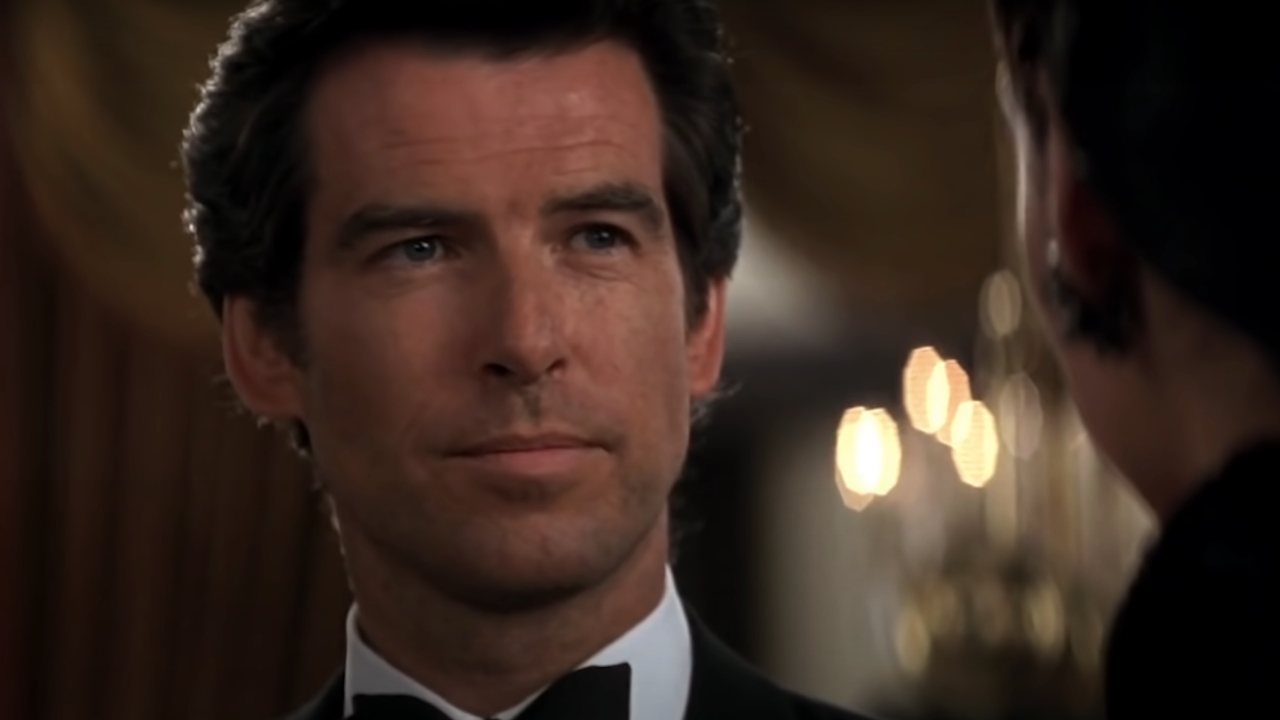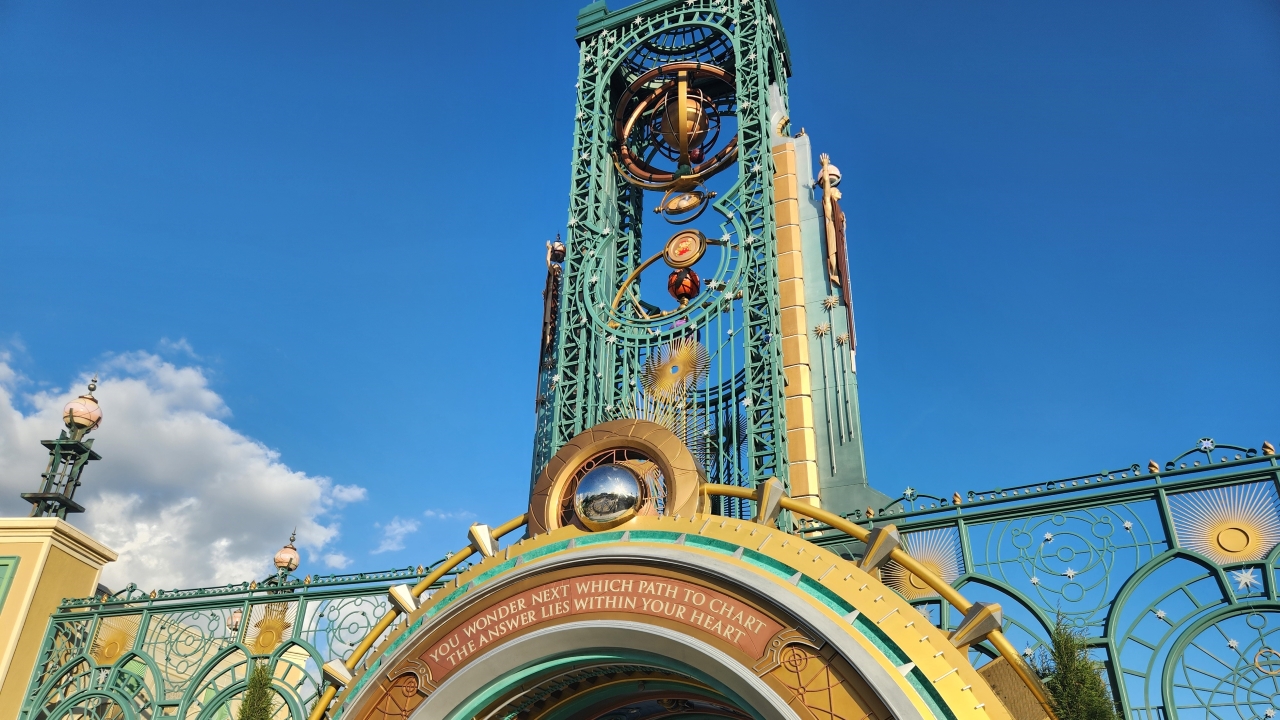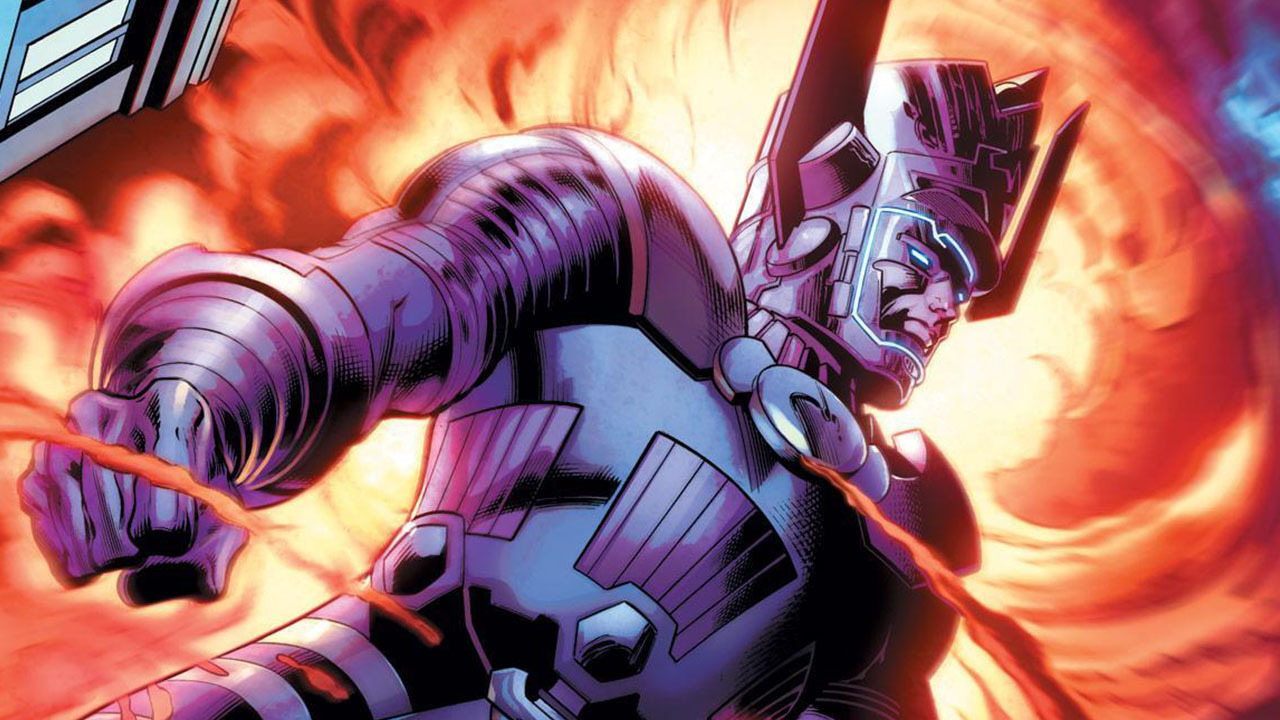That Time Interstellar, South Park And More Huge Franchises Were Traded For One Another
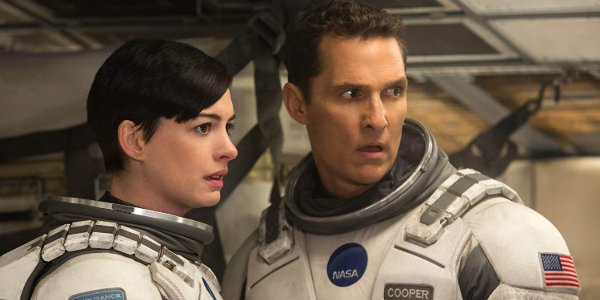
When director Christopher Nolan’s Interstellar was released in 2014, it marked the end of a long road that saw the concept originate with a different director, one singular studio and a vision that would radically change over time. And a big part of the history of Nolan’s sci-fi epic was how, because of a pretty big deal struck between several parties, the foundations of franchises such as South Park, Friday the 13th, and the DC Extended Universe would all be altered.
Now, almost five years after Interstellar's release, and about six since those particular deals were struck, it’s time to uncover how a story about the future of humanity became so big that three companies would give a piece of their own Interstellar pie.
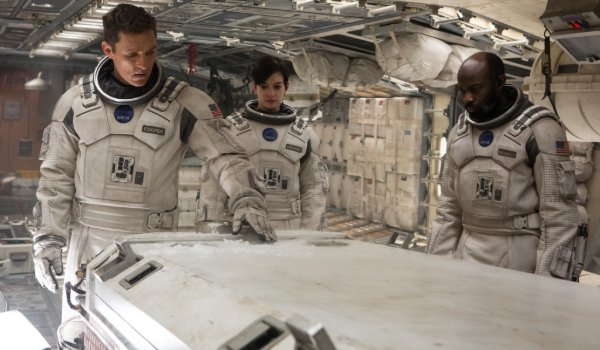
How Interstellar Started At Paramount
Between 2006 and 2012, Interstellar saw its life start as a project from director Steven Spielberg. While his original ideas, built alongside collaborators such as writer Jonathan Nolan, producer Lynda Obst and physicist Kip Thorne, were wildly different from what would eventually become the finished product, they were a start.
However, this happened during the time Spielberg’s Dreamworks Pictures production company was in an agreement to work with Paramount Pictures; a deal that would end in 2009. Once Steven Spielberg had left Paramount with his Dreamworks banner, he also left Interstellar. But in his absence left a vacancy that allowed Jonathan Nolan to suggest his brother, Christopher, join the project and co-write the film with him, as well as direct.
With such a deal came a bit of a wrinkle though, at least it was a wrinkle if you were a Warner Bros executive.
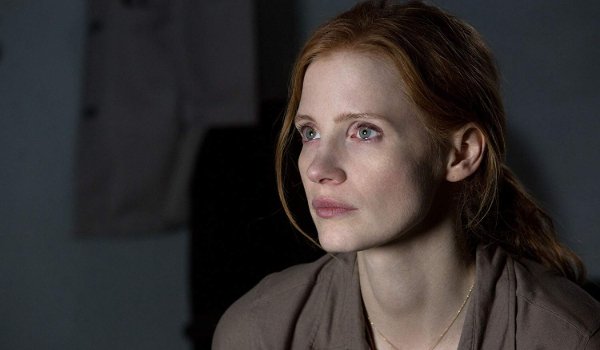
Why Warner Bros Wanted A Piece Of Interstellar
With Christopher Nolan delivering a slam dunk to Warner Bros through his Dark Knight trilogy, any project he was set to board was destined to be a hotly anticipated money maker. Their relationship between those three films was so ingrained that Interstellar became a going concern for the studio the moment he signed onto the project.
Considering that in addition to that trilogy, Warner Bros also saw itself participating in The Prestige as a partner with Touchstone Pictures, and Inception as a sole studio partner, you can see why Interstellar was a prospect that the studio needed to be a part of. And to become a part of that particular story, it was going to cost some capital that the studio had earned over the years.
CINEMABLEND NEWSLETTER
Your Daily Blend of Entertainment News
Most notably, this trade was going to involve South Park and Friday the 13th, as well as a third “undetermined A-list property” that Warner Bros would potentially co-finance with Paramount. These specific trades would then spur one more outside trade between Warner Bros and production company Legendary, which also wanted in on Interstellar. With the pieces now in motion, the following deals would be made.
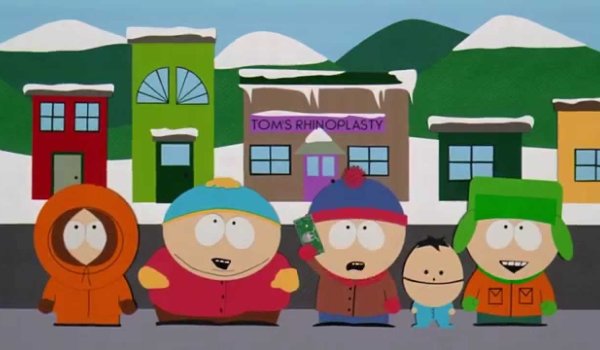
The South Park Trade
Thanks to a co-investment deal that Warner Bros and Paramount’s parent companies had entered into, the birth of Comedy Central came to be. In turn, this meant that both companies had rights to certain properties, such as the South Park franchise, and they would share profits and responsibilities. One such example was the distribution of South Park: Bigger, Longer, and Uncut, which was Paramount’s film domestically, but Warner Bros. internationally.
With Warner Bros getting in on Interstellar, one of the conditions was that they would give their share of the South Park empire, more specifically the financing rights to a potential second movie. But if Christopher Nolan and the studio partner of his production company, Syncopy, were going to be able to put Matthew McConaughey into deep space, someone had to give up their share of the Cheesy Poofs.
But something else was going to have to give, as Warner Bros had some more valuable cinematic real estate that Paramount was all too interested in regaining. You see, that same sort of split pertained to another landmark property in the Hollywood landscape: the horror series Friday the 13th. While those roads were always historically complicated, they were about to find themselves a little less so for the foreseeable future.
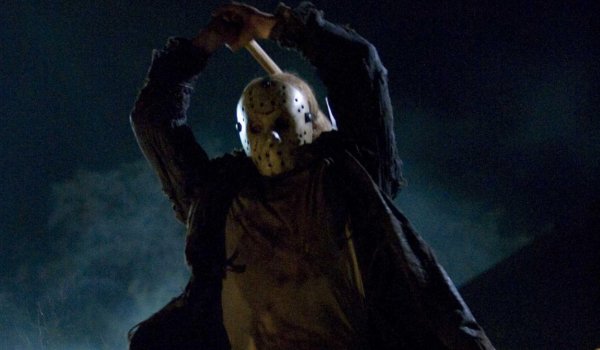
The Friday The 13th Trade
The rights to the very first Friday the 13th film were set up in the same way South Park: Bigger, Longer, and Uncut had its distribution structured: Paramount was the domestic distributor, while Warner Bros oversaw the international picture. It wasn’t a weird deal to make, as the two studios had and would continue to make similar agreements on films like Willy Wonka and the Chocolate Factory, The Curious Case of Benjamin Button and Watchmen.
However, the only reason the situation between the two studios would get interesting is the fact that Sean S. Cunningham, creator of the Friday the 13th series, eventually retained the rights to Jason Voorhees. Which meant that when he teamed with New Line Cinema to make the last two Friday movies and Freddy vs. Jason, Warner Bros was the parent company signing the checks and making the deals.
Which lead to the discovery that thanks to certain rights involved with the original Friday the 13th still being held by Paramount, the series would have to jump through major hoops to be rebooted like it was in 2009. So, presumably as a sweetener to the deal, Warner Bros gave Paramount the rights that it held to the Friday the 13th franchise, in addition to those that they had held in the South Park franchise. As far as both studios were concerned, they were ready to rock.
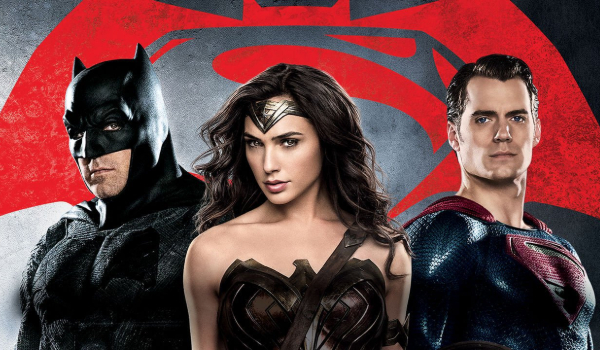
The Batman v. Superman: Dawn of Justice Trade
Not many people know this, but one more deal had to take place before Interstellar would go on to become the movie we know today, and it was a deal that wasn’t so much giving something away as it was one party making sure they held onto what was theirs. And that party was once former, now once again current, Warner Bros. partner Legendary Pictures.
At the time that Interstellar has Warner Bros handing over their stakes in South Park and Friday The 13th, the studio was splitting up with its partner Legendary, who had also had also built some strong ties with Christopher Nolan’s filmography,and portions of the DC Comics film universe, such as director Zack Snyder’s Man of Steel.
It was deal time once again, as during Legendary’s exit, it was arranged that instead of participating any further in the DCEU, which could have seen the production company pitch a hand into the next film in line, Batman v. Superman: Dawn of Justice, Warner Bros would allow the studio to keep a 25% stake of Interstellar’s production instead. $41.3 million of the film’s $165 million production budget later, Interstellar had three studio partners and one lingering question that remains to this very day: what was that unspecified A-List project?
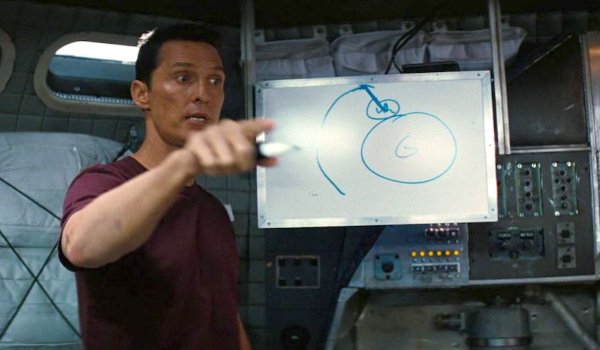
The Current State Of The Warner Bros/Paramount Trade
As a part of the deal that saw their interests in South Park and Friday the 13th get traded to Paramount, Warner Bros was also pledged to co-finance an “unspecified A-List” project with their good neighbor. But if history is any indication, this film never happened, as the last co-production effort that Paramount and Warner Bros looks to have engaged in was none other than Interstellar. But that might change any day now, thanks to one particular condition that was included in that big Nolan-centric deal.
Both the Warner Bros interests in South Park and Friday the 13th were traded to Paramount with one specific hitch: it had five years to make a move with those rights, before they reverted back to the way they were. And since no sequel to the South Park movie happened, and Paramount stymied the Friday the 13th machine to an unfortunate degree, both parties are now back to square one.
So if we really want to keep hope alive for both of those franchises, we can hope that either or both of them come up with an idea so bold and so insane, it’s be leaving money on the table not to make it happen. Which, admittedly, doesn’t happen often, but still isn’t impossible to hope for.
At this point, you’re probably asking yourself if Interstellar was worth all of this wrangling. Well, if you look at the film’s basic numbers of a $165 million production budget that brought in $677.5 million in international gross, you’d probably say yes. And considering the film was seen as one of the 20 most profitable studio films in 2014, you could say that it was indeed a success for all involved.
But it ultimately depends on how you look at Interstellar’s performance domestically, which brought in $188 million of that total, and its worldwide numbers, which soared to $489.4 million. With those numbers spread the way they are, plus the South Park and Friday the 13th rights swap not yielding any tangible positives in the way of cash flow, you can see who won and who lost in this deal pretty clearly. But hey, at least we got Interstellar out of the deal.
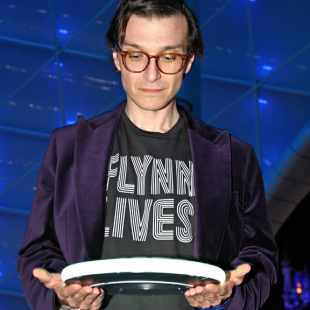
Mike Reyes is the Senior Movie Contributor at CinemaBlend, though that title’s more of a guideline really. Passionate about entertainment since grade school, the movies have always held a special place in his life, which explains his current occupation. Mike graduated from Drew University with a Bachelor’s Degree in Political Science, but swore off of running for public office a long time ago. Mike's expertise ranges from James Bond to everything Alita, making for a brilliantly eclectic resume. He fights for the user.

